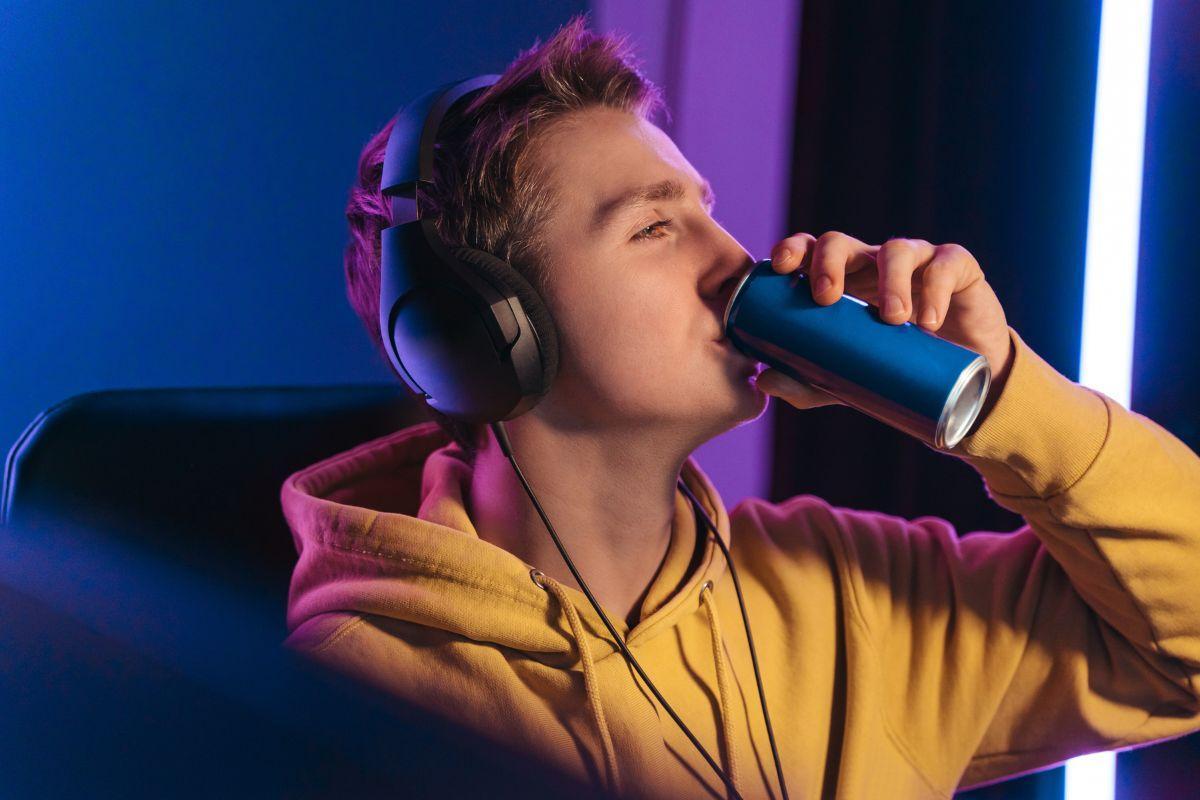With the summer holidays here, my aim is to find plenty of time to do nothing. But even when I get the chance to, I usually end up doing something. I see the same in healthcare all the time, where there’s so often an overwhelming urge to do something, even when there may be nothing we can do. In this month’s news we see what happens when you don’t take antibiotics, who’s at risk of stroke but can’t do a lot about it, and research showing GPs doing something, but probably not enough.
Not taking antibiotics
Prescribing antibiotics for minor illnesses can help to avoid rare but serious complications such as pneumonia. A study in The BMJ this month confirms this:
Where fewer antibiotics are prescribed for respiratory infections, more people will go on to get pneumonia or quinsy (an abscess close to a tonsil). But for an average general practice who reduces it antibiotic prescriptions by 10%, this only amounts to one more case of pneumonia a year or one quinsy every decade. Not nice if you’re that one person, but if we’re going to stop antibiotic resistance this is the price we’re going to have to pay.
Research gives patient a headache
“I just wanted to check that I wasn’t about to have a stroke”, a patient with migraines said to me recently. I wonder if he’d been reading The BMJ, which published a study linking migraines with stroke.
Migraine sufferers might be alarmed, but it only applies to people who get migraine with aura and the overall chances of them having a stroke is very low. “At present, migraine is probably best thought of as a situation in which the medical urge to ‘do something’ (beyond currently recommended assessments for cardiac risk and advocating a healthy lifestyle) should be resisted” says the accompanying editorial.
GPs feel the strain
NHS GPs are threatening mass resignation, saying they are at breaking point thanks to an ever increasing workload. New data this month suggests they might have a point. Researchers analyzed over a million consultations and found that between 2007 and 2014 GP consultation rates went up by over 12%. People now go to see a GP or nurse an average of 5.16 times per year. Appointment times have also gone up, and stand at an average of just over 9 minutes. 5000 more GPs have been promised, but is there another way? The authors of the research suggest strategies to “reduce patient health-seeking behaviours and increase self-management”. If you’d like to give that a go, take a look at the NHS shared decision making website.
Young at heart
As we’ve heard on this blog before, there are more people in their seventies and beyond who lead active, independent lives free from major medical problems. If this is you, weighing up decisions about taking treatment for high blood pressure can be particularly difficult since research studies often exclude older age groups. Findings from the SPRINT study this month might make things a little clearer. Researchers looked at people in the US over 75 with high blood pressure. They were either treated to achieve an aggressive systolic blood pressure target of 120 mmHg or a more modest target of 140 mmHg (the usual target in the UK for treating high blood pressure). Those treated more aggressively were a third less likely to suffer a heart attack, without higher rates of side effects. However, almost half of people who took part in the study had serious adverse events such as low blood pressure, kidney injury, and falls. With so many side effects you might wonder if a third option could have been studied: to do nothing.




